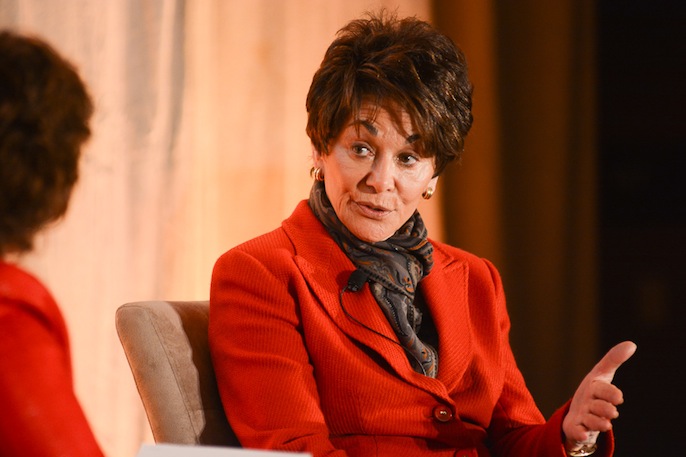Bill Would Check POTUS Power Over Networks
Bipartisan legislation comes amid Trump attacks on social media, investigation into nationalizing 5G

The smarter way to stay on top of the multichannel video marketplace. Sign up below.
You are now subscribed
Your newsletter sign-up was successful
A bill that would limit the President--of either party's--ability to "shut down the internet" has been introduced.
It comes amid concerns in D.C. about the Trump Administration's attacks on social media and other Big Tech web players and its inquiry, or perhaps more, into nationalizing a 5G network.
The bill, which was introduced by Reps. Anna Eshoo (D-Calif.) and Morgan Griffith (R-Va.), would limit the President's power to "control or shut down communications networks, including the internet."
Related: WISPA Warns Against Government O&O 5G
The legislators concede that the internet, as a decentralized web, can't be shut down, per se, communications law leaves open the possibility that the Chief Executive could effectively block American's access to it.
The "Preventing Unwarranted Communications Shutdowns Act" limits the President’s authorities; requires the President to notify Congress and senior Executive Branch officials within 12 hours of any shutdown; and requires approval within 48 hours from three-fifths of both the House and the Senate (including one-quarter of the minority party in each chamber) for the order to remain lawful."
Eshoo said that emergency authorities and unchecked executive powers need to be revisited.
The smarter way to stay on top of the multichannel video marketplace. Sign up below.
In the meantime, the bill would add a legislative branch check on those powers when it came to communications networks.
“This bill would create guardrails so that any internet shutdown would require the consent of the people through their elected representatives," said Rep. Griffith.
The bill got kudos from FCC commissioner Jessica Rosenworcel, who said such safeguards are needed given that unchecked executive branch power. She pointed to internet shutdowns abroad, and while she said it was hard to imagine it happening here, "it could." She confined her shout-out to Eshoo.
Specifically, the bill:
1. "Limits the reasons the President may take action under §706 of the Communications Act of 1934 to ones necessary to protect against an imminent and specific threat to human life or national security if such action is narrowly tailored and is the least restrictive means for the purpose;
2. "Requires that the President notify congressional leaders (i.e., Speaker, House Minority Leader, and Senate Majority and Minority Leaders), senior executive branch officials (i.e., Vice President, department heads, intelligence community heads, Joint Chiefs of Staff), and the FCC before or not later than 12 hours after taking any action authorized under §706;
3. "Nullifies §706 orders 12 hours after issuance of the order if the President does not provide notification in the specified time and form;
4. "Nullifies §706 orders 48 hours after the President provides notice unless three-fifths of each of the House and the Senate vote to pass an approval resolution, with an affirmative vote of at least one-quarter of the minority party in each chamber (the 48 hour period may be extended with the consent of the congressional leaders or their designees)
5. "Requires a GAO report after every §706 order, and requires a one-time GAO report estimating the impact of a communication shutdown; and
6. "Requires that the US government compensate providers and customers of providers for any communications shutdown under §706."
Contributing editor John Eggerton has been an editor and/or writer on media regulation, legislation and policy for over four decades, including covering the FCC, FTC, Congress, the major media trade associations, and the federal courts. In addition to Multichannel News and Broadcasting + Cable, his work has appeared in Radio World, TV Technology, TV Fax, This Week in Consumer Electronics, Variety and the Encyclopedia Britannica.

